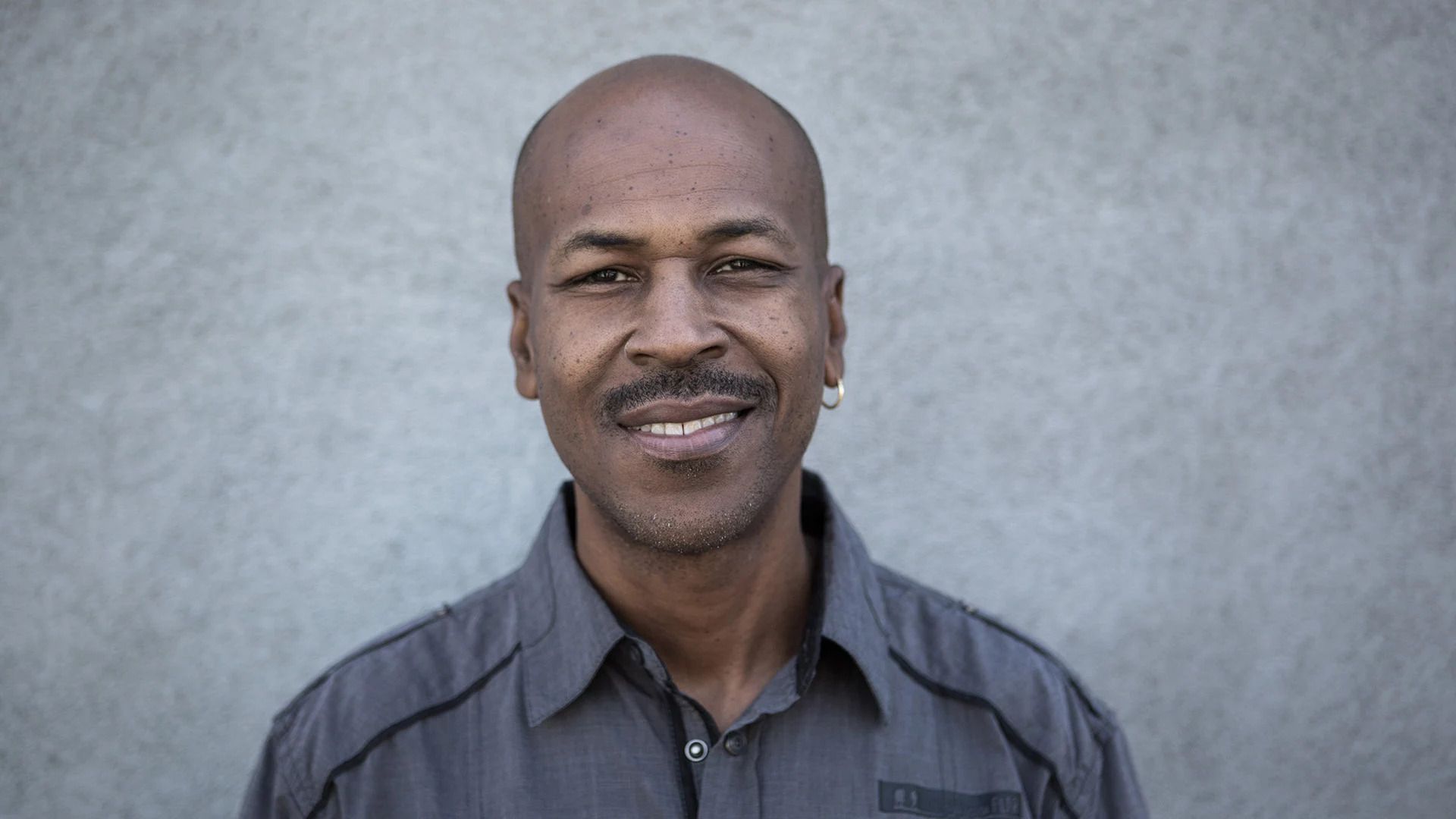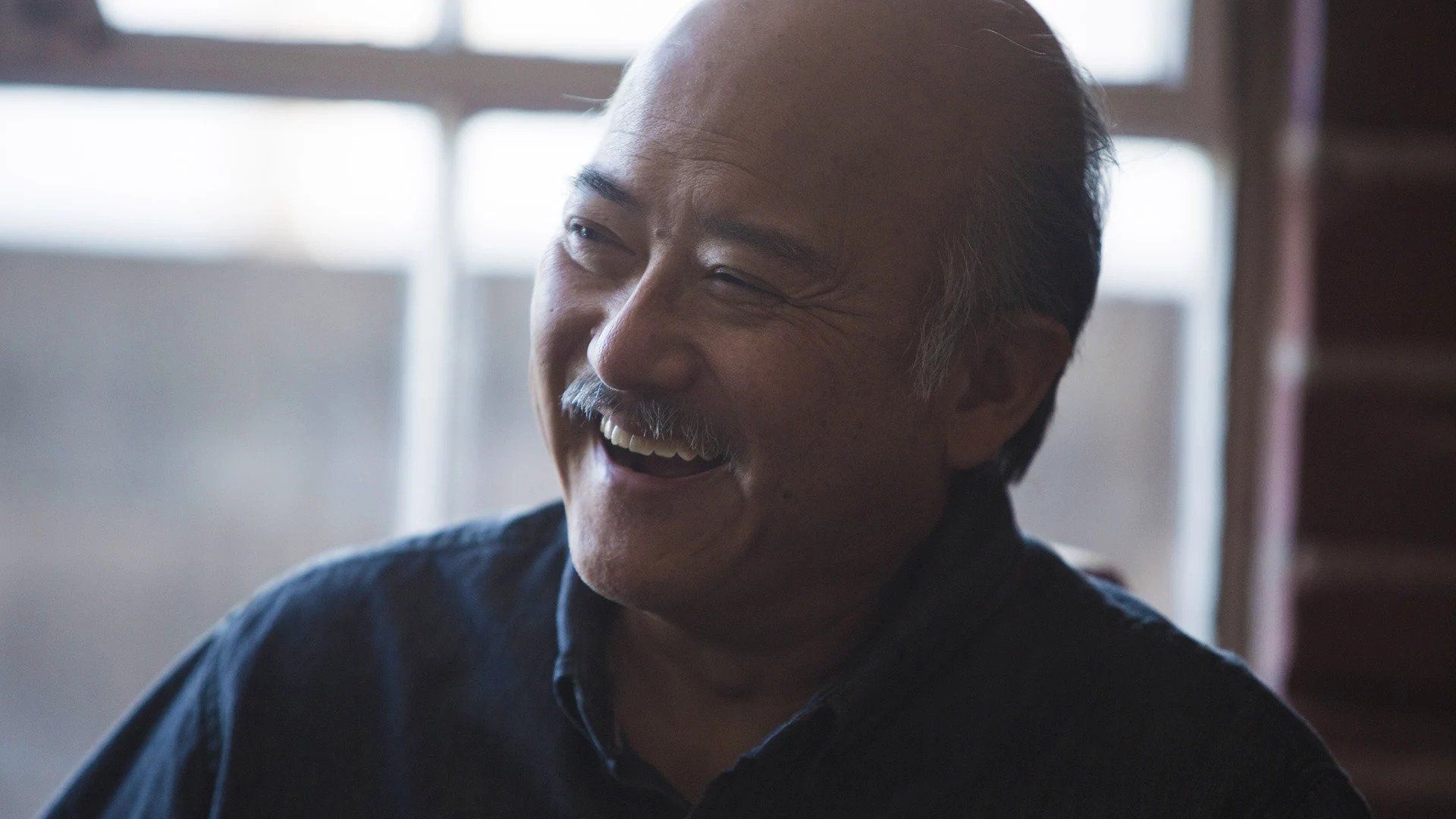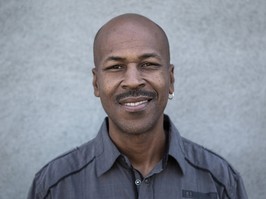movember launches the world’s first parenting course designed for dads
anyone who has witnessed their toddler have a full-blow...
sep 13, 2021
10 men's health projects movember has funded
forward momentum increasing diversity in research and resources for men with prostate cancer black men are twice as likely to die from prostate cancer than white men.
forward momentum aims to address racial disparities, increase diversity in research and develop new digital resources for black men with prostate cancer. these new digital resources will be delivered through movember's dedicated prostate cancer website, true north .
propsma a new type of scan improving accuracy in prostate cancer treatment through a movember-funded study, scientists have developed a new scan that helps doctors understand whether a man's prostate cancer has spread.
making "family" dads' new favourite f-word.
therap trial a new radiotherapy treatment for men with advanced prostate cancer this year, we reached the end of a trial investigating the benefits of a unique radiotherapy treatment for men with advanced prostate cancer called lu-psma. the interim results of the trial showed that lu-psma is more effective than standard chemotherapy for men with advanced prostate cancer.
mental health practitioner research helping us learn more about gendered mental health care the number of men seeking out mental health support is increasing, but the suicide rate remains the same.
sep 13, 2021
10 things men must do to live longer
in canada, men die four years earlier than women. how l...
sep 13, 2021
movember virtual health talks: prostate cancer
movember virtual health talks: prostate cancer movember...
sep 13, 2021
10 things men must do to live longer
in canada, men die four years earlier than women. how l...
sep 13, 2021
movember virtual health talks: prostate cancer
movember virtual health talks: prostate cancer movember...
sep 13, 2021
world first trial shows improved survival for men with advanced prostate cancer
a new treatment that uses two types of radiotherapy to ...
sep 13, 2021
why black men are at higher risk of prostate cancer
scientists have come a step closer to understanding why...
sep 13, 2021
world first trial shows improved survival for men with advanced prostate cancer
a new treatment that uses two types of radiotherapy to ...
sep 13, 2021
why black men are at higher risk of prostate cancer
scientists have come a step closer to understanding why...
sep 13, 2021
movember virtual health talks: mental health and suicide prevention
movember created the virtual health talk series to help...
sep 13, 2021
movember-funded prostate cancer home test kit to be trialled worldwide
thousands of men worldwide will soon trial a home test ...
sep 13, 2021
movember virtual health talks: mental health and suicide prevention
movember created the virtual health talk series to help...
sep 13, 2021
movember-funded prostate cancer home test kit to be trialled worldwide
thousands of men worldwide will soon trial a home test ...
sep 13, 2021
movember virtual health talks: testicular cancer
movember created the virtual health talk series to help...
sep 13, 2021
movember conversations: why it’s so important to check-in on your friends
in 2020, movember released a survey that showed eight o...
sep 13, 2021
 2 minute read
2 minute read

















